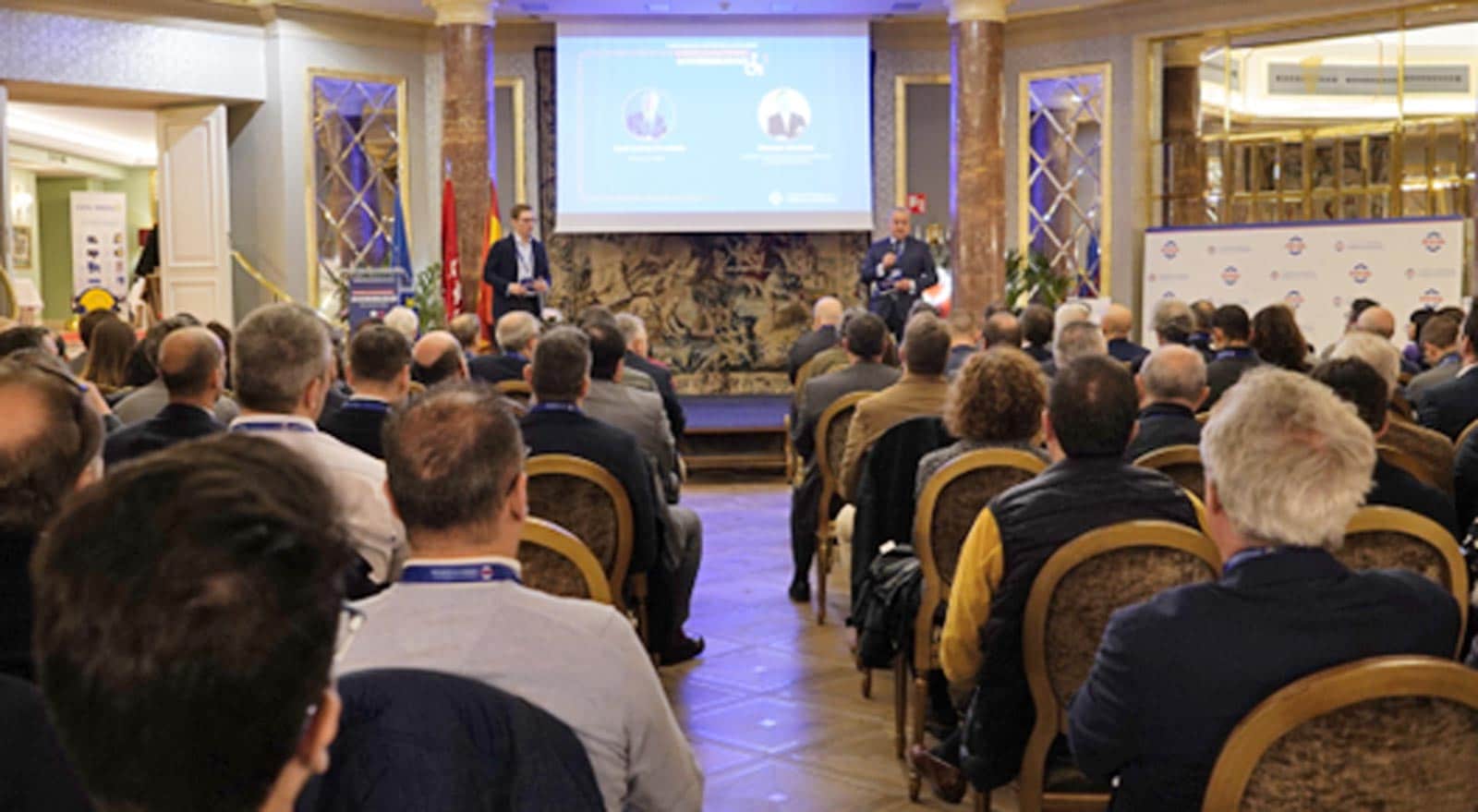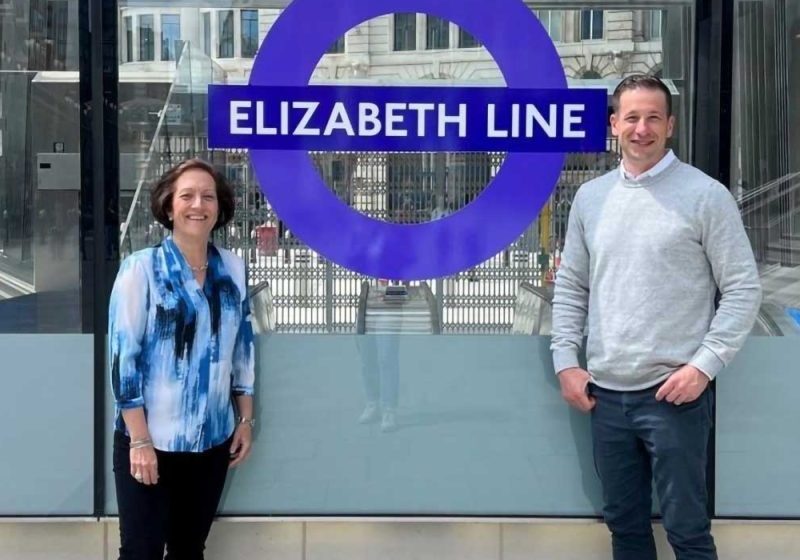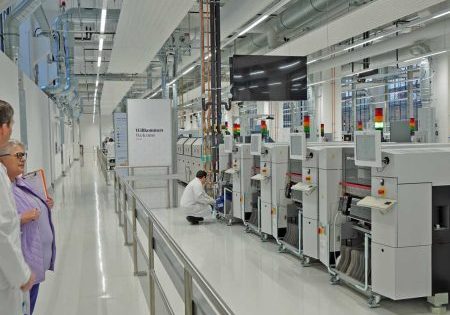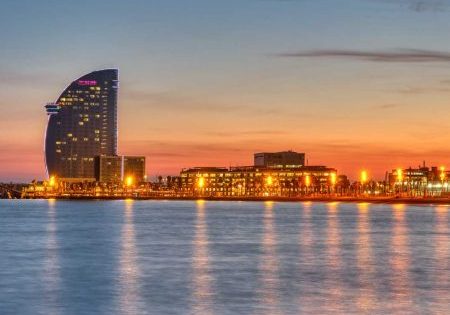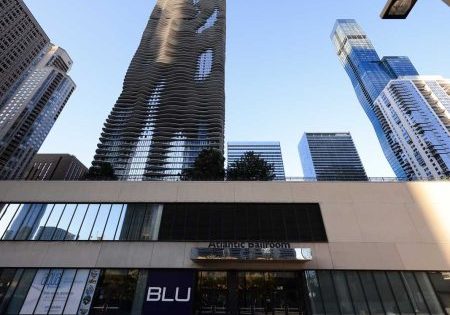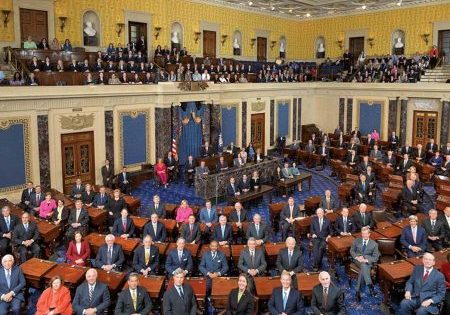Among key issues discussed at FEEDA’s V Conference
Accessibility and the role that vertical transportation plays in the mobility of citizens were the protagonists of the V Conference for the elevation sector, organized by the Spanish Lifts Business Federation (FEEDA). The event, held at the Hotel Wellington Madrid, registered a high number of professionals attending from the most important companies in this industry.
In addition to accessibility, other issues of enormous interest were raised, such as the new ITC (Complementary Technical Instruction AEM1 “Lifts” of the Regulation of lifting and handling equipment), social inclusion, the accessibility that is being developed in Smart Cities, the necessary digital transformation applied to accessibility, various regulatory aspects, as well as the contribution of several architectural and structural solutions that are implemented in the installation of elevators.
The conference was inaugurated by José Carlos Frechilla, general director of FEEDA, followed by welcoming words from Antonio Pérez, president of FEEDA, and José Manuel Prieto, deputy general director of Industrial Quality of the Ministry of Industry, who opened the conference. Manuel Jiménez, member of the Communication and Statistics Commission of FEEDA, acted as moderator throughout the event.
Vertical Transport in Smart Cities
The first presentation “Towards a Social and Connected Mobility,” was given by Iñigo de la Serna, general director of Madrid Green Urban Mobility Lab and former minister of development of the Government of Spain between 2016 and 2018. He pointed out the importance of elevation to achieve “greater urban mobility” while extolling the generosity of this sector for directing vertical transport toward “accessibility:”
“We must recover the social discourse in the field of legislation on mobility and accessibility,” said de la Serna, adding that the elevator industry “must be much more present in the sustainable mobility plans of the different administrations as an essential element in the configuration of cities.”
Likewise, de la Serna welcomed the cohesion presented by the sector, which supports more than 20,000 jobs, giving it outstanding importance in global terms. In his speech, he asserted that elevation plays “a fundamental role in Smart Cities since they cannot be understood without the presence of vertical means of transport.” He indicated that mobility and accessibility come to mean the same thing, and elevators and escalators are elements that realize it.
de la Serna has been one of the promoters of Smart Cities projects in his different positions in public administration. He remained at the head of the Spanish Network of Smart Cities (RECI) from its foundation until 2016, and from his current position, he aspires to promote the sustainable and innovative development of urban mobility in different Spanish and European cities.
As a former mayor of Santander, he recognized how the implementation of escalators in different areas of the capital has served to raise the quality of life of many people, which reinforces the importance of this industry in the field of accessibility. “A lift park of 1,000,000 units is enough to consider this key sector in the development of urban actions,” he said.
Next, José Antonio Delgado, head of Industrial Quality and Safety of the Ministry of Industry, pointed out that work is being done on a single national regulatory framework with the aim of improving the quality of maintenance of lifting equipment. This was well received by attendees.
“Until you see yourself in a situation like this, you don’t realize how important it is to have an elevator in your life.”
—Irene López, secretary and delegate of AEM in Extremadura and Eastern Andalusia
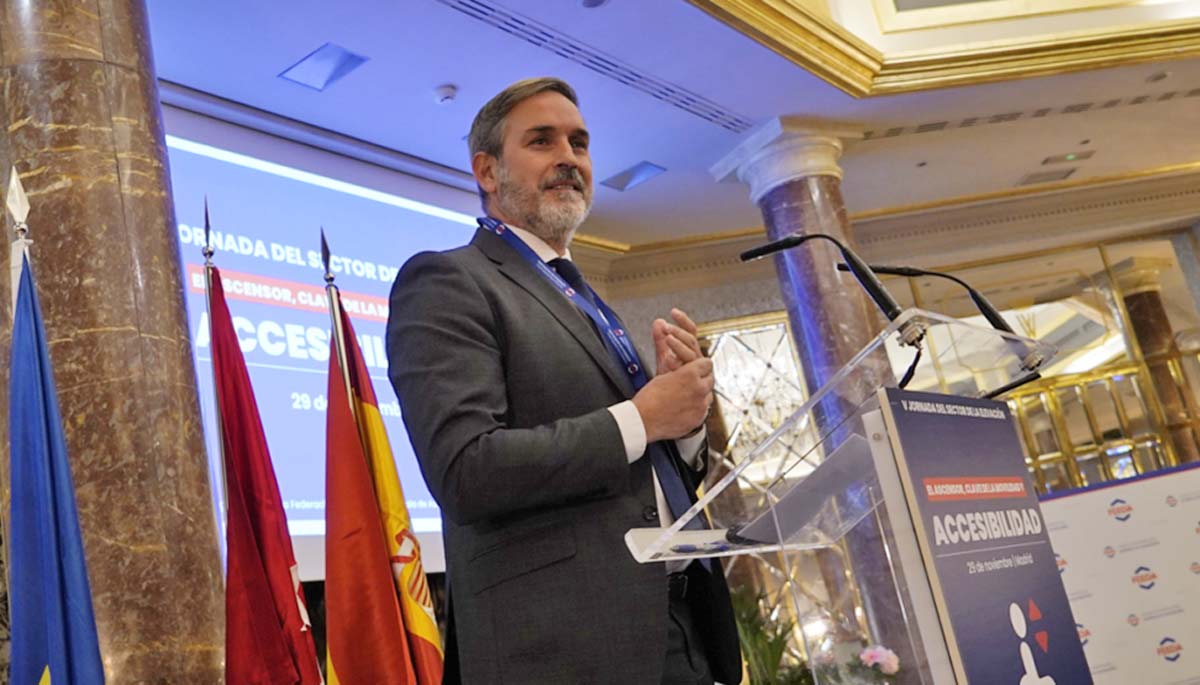
Inclusion and Mobility
To testify to the importance of mobility in the lives of disabled people, Elena Moya, vice president of the Association Against Meningitis (AEM), and Irene López, secretary and delegate of AEM in Extremadura and Eastern Andalusia, presented next. “Until you see yourself in a situation like this, you don’t realize how important it is to have an elevator in your life,” López said.
A roundtable was also organized with the participation of Miguel Castillo, Carlos Silva’s technical director; Carmen Fernández, technical architect of the Universal Accessibility and Innovation Area of the ONCE Foundation; Carlos Guembe from the FEEDA Digitization Commission; and Ricard Bou, global director of Strategic Projects at Nayar.
They discussed issues related to the impact that the technological transformation the elevator is undergoing will have on the citizen, such as remote-sensing systems, the digitization of VT and the advantages offered by the Accessible Virtual Button Panel called Pulse. Pulse is the result of the need for “universal accessibility.” Thanks to the agreement signed by the ONCE Foundation, Nayar Systems and FEEDA, an inclusive universal button panel is being developed to guarantee safety and universal accessibility in the lift environment. Boris Escandell, product manager of Nayar Systems, explained:
“It is a system that allows any user to use the elevator without having to physically press the buttons. Through a free mobile application that we are developing for both iOS and Android, when we are near the elevator, we will be able to call it and interact with it thanks to Bluetooth technology. The only requirement is that a series of devices must be installed in the elevator that allow us to connect. This system is compatible with all elevator brands on the market. We can say that it is a universal product.”
Regarding Pulse, Fernández pointed, “We are capable of integrating and expanding the use of the elevator to a part of society with disabilities that, to date, had found the use of this means of transport very complex.” She pointed out that 10% of the Spanish population has some kind of disability.
Regulations and Universal Accessibility
José María Obis, president of the Legislation and Regulation Commission, spoke on the new ITC that came into force in January. He expressed the urgency of accelerating the implementation of these measures that mean an improvement in accessibility for the Spanish population that is aging by leaps and bounds.
According to the Adecco Foundation, 2020 saw the greatest rise in aging since 2014, reaching 125.7% (+2.4% compared to 2018), which means that, for every 125 people over 65, there are 100 children under the age of 16. For this reason, he insisted on the priority need to “continue working on universal accessibility.”
One of the last presentations was led by Jesús Hernández, director of Architecture at Estudio Lamela, who explained how mobility and accessibility are developed in Smart Cities and, specifically, about Madnum, a new and ambitious project being developing in Madrid. It is a 90,000-m2 space that will house a mixed-use campus where the values of sustainability, innovation and decarbonization will be combined. This modern initiative seeks to eliminate the barriers between leisure and work and is expected to be complete in either 2023 or 2024.
Also taking part was Eduardo Agustino, Gesproin’s chief architect, who spoke on real cases and complex architectural solutions, and Jesús Guijarro, director of operations at Hipur, who commented on various structural solutions for installing elevators in built buildings.
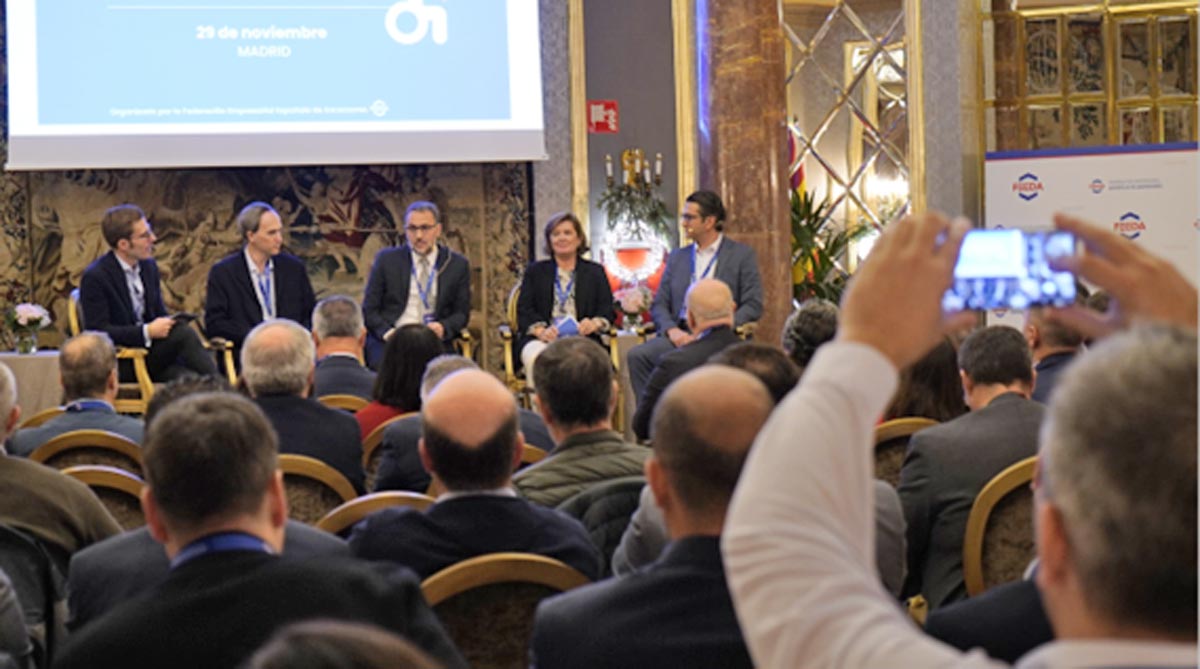
Transforming Cities
Finally, the conference was closed by José María García, deputy counselor of Housing and Territorial Planning of the Community of Madrid, who highlighted the importance of the world of elevators to “transform the quality of our cities, improve the quality of life and make life easier.” For this reason, he announced that, in 2023, the Community of Madrid will allocate EUR52 million for the installation of elevators over the next three years. This initiative contemplates the construction of 4,000 new elevators in buildings that lack this mobility.
García highlighted the key role of the elevator industry, in which 19,000 jobs have been created and EUR3,000 million in turnover have been reached:
“Vertical transport is contributing to the transformation of our cities, not only in its growth with new buildings where mobility and accessibility are fundamental elements, but in the rehabilitation and regeneration of cities, guaranteeing that old buildings can have an adequate elevation system, and therefore, in this sense, the stimulation of the elevator sector to that transformation is key.”
García stated that the Community of Madrid is working on the State Housing Plan with EUR26.5 million in aid for accessibility, to which EUR350 million will be added from the Next Generation EU funds, which they will allocate to the installation of elevators, ramps for stairways and exterior accessibility of homes, among other projects.
Get more of Elevator World. Sign up for our free e-newsletter.
